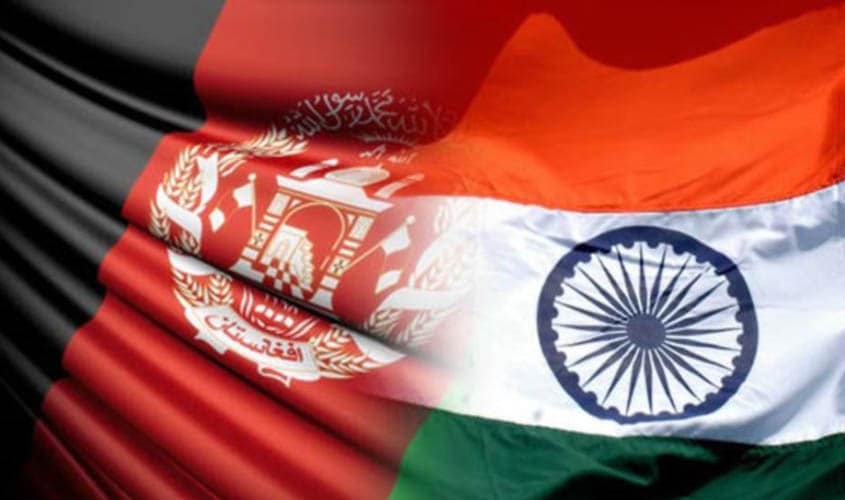The future of India’s development cooperation in Afghanistan
The study has been authored by Swati Prabhu
Afghanistan has been suffering wars and civil strife for decades, and remains one of the poorest countries in the world. Today at least 18 million people, or about half of the country’s population, are on the brink of severe food insecurity. Since the invasion of United States-led forces in 2001, the international community has made immense efforts to rebuild Afghanistan. Significant resources have been spent on military support, infrastructure development, and reviving the economy. Till date, the World Bank has committed more than $ 5.3 billion for development projects in Afghanistan and the Asian Development Bank has pledged almost USD 5.39 million in grants and provided $ 120.4 million in technical assistance to Afghanistan since 1966.

India has been one of the biggest contributors towards global efforts at reconstructing Afghanistan. Indeed, the country is the largest regional donor in Afghanistan and has contributed nearly $ 3 billion for infrastructure and institutional development. It helped build the Indira Gandhi Institute of Child Health (IGICH), and is engaged in the School Feeding Programme. According to data from 2017, some 15,000 Afghan students study in India and 3,500 Afghan officials are trained in the country every year. New Delhi also offers over 600 Indian Technical and Economic Cooperation (ITEC) slots to Afghan citizens every year.
These efforts from India, along with assistance from other countries, have helped Afghanistan achieve some degree of progress in certain areas such as gender equality, health, and incomes. Child mortality rate, for instance, declined from 90.2 per 1,000 livebirths in 2000 to 46.5 per 1,000 livebirths in 2019. To be sure, however, Afghanistan continues to face massive challenges, and is ranked ninth on the 2020 Fund for Peace’s Fragile State Index. The Taliban’s return threatens to undermine the changes that have occurred in Afghanistan in the past two decades. Furthermore, Afghanistan stands in the firing line of sanctions from the international community, including from the World Bank, the International Monetary Fund (IMF), and various European nations. On September 28, 2021, ORF’s Centre for New Economic Diplomacy (CNED) organised a virtual roundtable with a diverse panel of diplomats, academics, and members of civil society. The roundtable, which was held under the Chatham House Rule, addressed the following issues:
- What should be the framework of India’s development cooperation in Afghanistan?
- Should aid be linked to the behaviour of the Taliban regime?
- How should the international community ensure accountability of aid in Afghanistan?
The study can be accessed here
(The study has been authored by Swati Prabhu)
All Access.
One Subscription.
Get 360° coverage—from daily headlines
to 100 year archives.



HT App & Website







